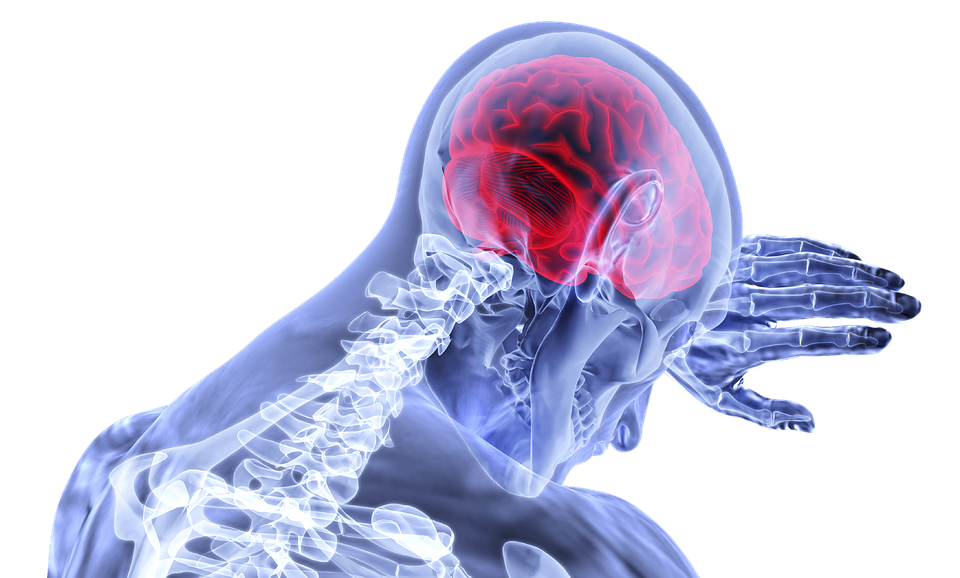Recent
July 23, 2024

Clinical and Business Applications of Bovine Colostrum

Using Circadian Rhythms to Optimize Health

Presented by: Peter Osborne, DC, DACBN, PSCD
Grains are one of the most highly recommended staple foods in the world. Over the past 20 years, the gluten free diet trend has skyrocketed, but the contribution of grain to modern neurological diseases (brainflammation) goes much deeper than gluten alone. In essence, going gluten free is often times not enough for patients to experience recovery.

Presented by: Ann Haiden, DO
As clinicians, we all see patients who present with a wide array of confusing multi-system symptoms and frustrating intolerances, diagnostic challenges, and previous treatment failures. Symptoms can present as neurologic, neurovascular, mood, or stress related components, often in the setting of gut symptoms. Is there something that can tie many of these symptoms together? Mast cell activation syndrome or disorder is worth considering in these cases. This session will review brain mast cells, microglia, and mood disorders; neurologic, neurovascular, and neuroinflammation symptoms including migraine, stroke, cognitive impairment, multiple sclerosis, and Parkinson’s disease and POTS; stress conditions; the brain-gut connection; the mitochondria; and current evidence for practical approaches to diagnosis and treatment with an emphasis on lifestyle and natural restorative methods.


Presented by: Lyn Patrick, ND
The Centers for Disease Control and Prevention’s (CDC) Fourth Report on Human Exposure lists 126 toxicants that are found ubiquitously in the North American population, about 50 percent of all they test for. All these pollutants have been linked to disease processes. This talk will focus on four of the most damaging compounds: air pollution, bisphenols, phthalates and perfluorocarbons. All of these are found in virtually everyone and are causally linked to the biggest chronic diseases now epidemic in modern society.

Presented by: Karen Fink, BSN, RN, HNB-BC, LMT, CLL
In our stress-filled work and personal lives, health professionals are called to promote self-care. As we fill our mind, body, and spirits, we can be present as the instrument of healing for our clients and colleagues. Evidence supports the use of laughter in many forms to promote health, physiological benefits, positive effects on the mood and emotions, building of community, increasing self-efficacy, enhancing patient care, and improving quality of life. Gelotology, is the study of laughter and links with the fields of psychoneuroimmunology and positive psychology and shines a light on “simulated laughter” versus “spontaneous laughter.
This presentation is a combination of didactic, experiential laughter exercises, group collaboration, and reflection on the holistic self-care, in the context of Pender’s Health Promotion Model. Participants will formulate a self-care plan/contract and an action plan to disseminate the knowledge, techniques, and skills to their client/patient population and peers.

Presented by:
Robert Rountree, MD
For many years, mainstream textbooks typically characterized irritable bowel syndrome (IBS) as a psychosomatic disorder with a strong emotional component. Sophisticated molecular diagnostic techniques combined with genomic analysis have now shown that IBS is not a simple “functional” disorder. Rather, it is a multifactorial condition with several prominent overlapping subtypes, including dysbiotic, inflammatory, postinfectious, and neurochemical subtypes. This presentation will use the lens of system biology as way to tie together all these seemingly disparate elements into a cohesive diagnostic and treatment strategy when within scope and know when to refer when out of scope.
This presentation was recorded at the 2022 Integrative Healthcare Symposium Annual Conference.

Presented by: Marc Grossman, OD, LAc
What is “natural eye care?” This session will discuss the vision-whole body-brain connection, identify where Western medicine is today on whole-body approaches, and review major eye pathologies including macular degeneration, myopia and computer eye syndrome, glaucoma, diabetic retinopathy, eye floaters, and cataract.